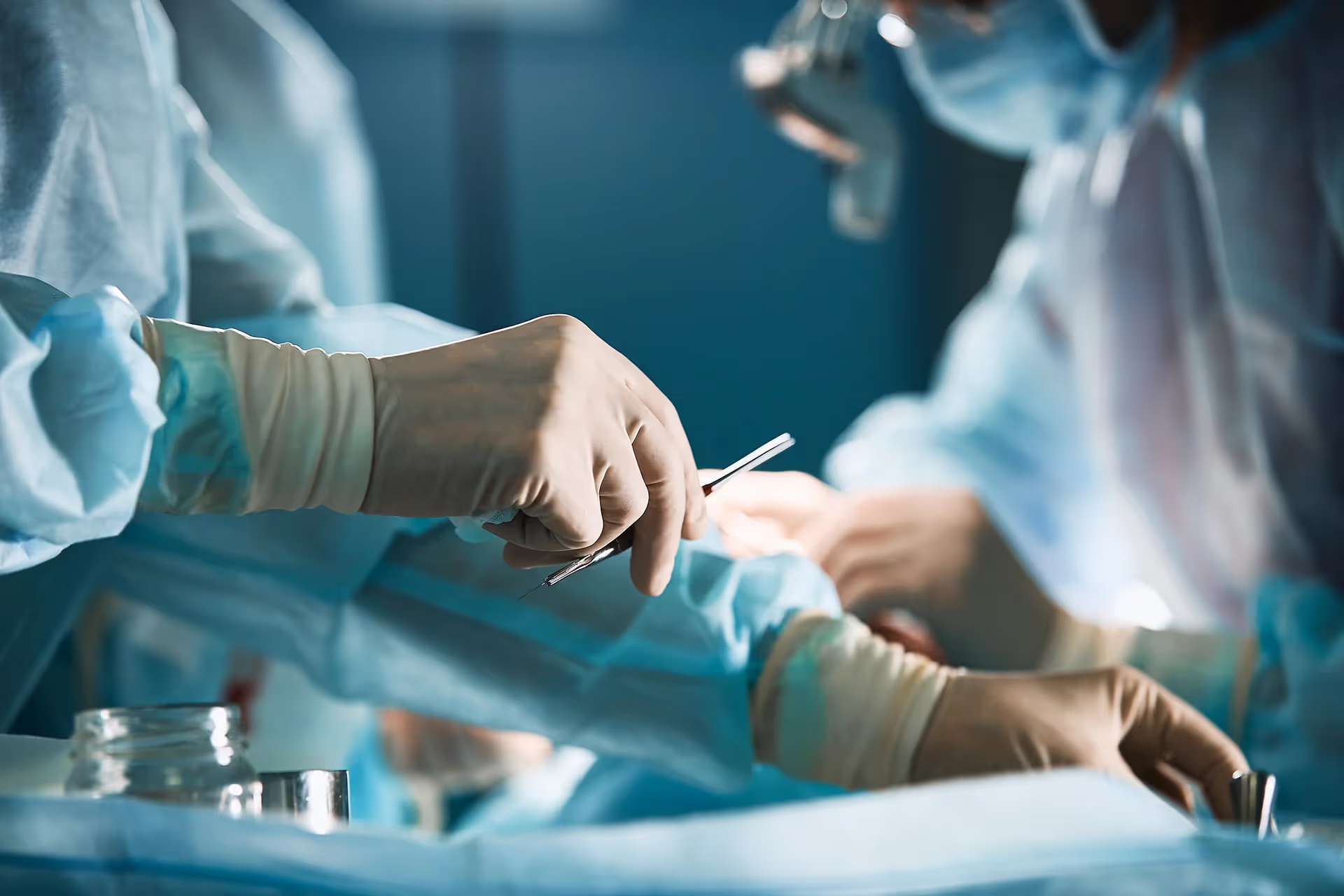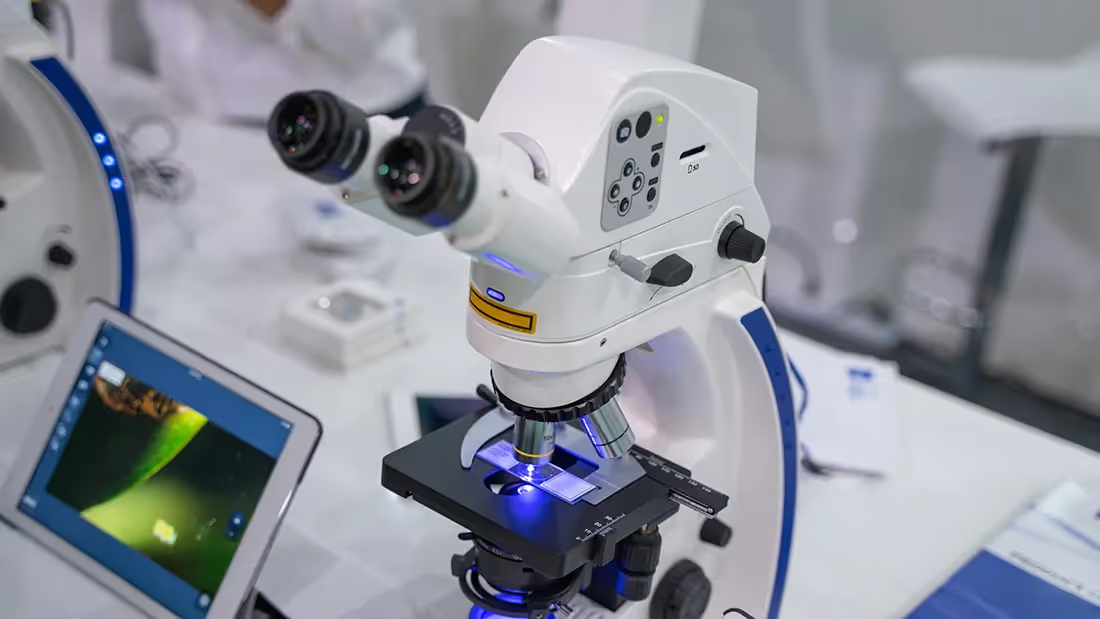
Biopsiesin Fairfield County
Oral cancer is rare, but its effects can be severe if they’re not caught in time. However, it’s not the only condition that can cause abnormalities in your oral tissue. Fortunately, your oral surgeon can help you remain proactive about your oral health, and perform a biopsy of any abnormal tissue in your mouth. Biopsies can help determine the best treatment plan for you, and in some cases, save your life.
Why should I get a biopsy?
Biopsies are usually recommended if your dentist has noticed a lesion or another irregularity in your mouth during an oral cancer screening. Oral cancer is rare, but often goes undetected unless your dentist notices its early signs. Biopsies allow your doctor to check the lesion for cancer. No matter the result of your biopsy, you’ll be able to take the right steps to protect your health both now and in the future.

The Benefits of Biopsies
Fast And Convenient
Getting a biopsy takes just a couple of minutes, and it’s a pain-free procedure. You’ll get your results within 2-3 weeks, once the lab has tested the biopsy and determined the results.
Get Peace Of Mind
Only about 1% to 6% of lesions in the mouth turn out to be cancerous. But getting a biopsy means you’ll have peace of mind. You’ll know whether or not the tumor could indicate oral cancer, and you’ll be able to get the appropriate treatment if necessary.
Catch Cancer Early
Regular oral exams and biopsies can help catch cancer early if it is present. In its early stages, oral cancer has a very high survival rate with proper care. However, if it’s not noticed in time, it could spread to the rest of your body, and treatment will be much more difficult.
Care For Every Budget
Biopsies: What To Expect
Oral Cancer Screening
Most dentists perform oral cancer screenings on every patient during their routine six-month appointments. Your dentist will look for lesions, abnormal patches of skin, and other signs of cancerous cells, and take note of anything that doesn’t look right.
Biopsy Surgery
If your dentist thinks you need a biopsy, you may be referred to an oral surgeon to have the procedure. They will clean and numb the treatment area, then remove a small amount of tissue. This tissue will be sent to a lab, where it will be tested for cancer.
FAQs
Frequently Asked Questions
Check out these frequently asked questions, or call us to speak with our team.
Depending on the type of biopsy to receive, your recovery experience will vary. In some cases, you’ll be able to resume your normal diet and activities once the numbing agent wears off. In other cases, if you required stitches, for example, your doctor may recommend that you avoid brushing directly on the treatment site for about a week. In any case, biopsies are minimally invasive, and don’t require an extended recovery period.
The results from a biopsy can tell your doctor a great deal about your oral health. They can tell if the abnormal tissue is cancerous, a benign lesion, or some type of infection, which informs the type of treatment plan you will receive.
Biopsies are generally minimally invasive, low-risk procedures that require little-to-no healing time. However, in rare cases, patients can develop an infection at the treatment site, or experience bleeding that doesn’t stop. If you experience any excessive bleeding, soreness or pain that lasts for several days, swelling, fever, or chills, call your oral surgeon right away, as these can all be signs of a serious infection.
Yes. There are several different types of biopsies, and your doctor will recommend the one that is most appropriate for your case. Here are some examples of different techniques for taking a biopsy:
Brush Biopsies: The least invasive type of biopsy, brush biopsies only require your doctor to rub a brush against the affected area of your mouth or gums to collect a small sample that can be analyzed. Many patients don’t even require a local anesthetic for this procedure.
Incisional or Excisional Open Biopsies: These types of biopsies are performed by making a small incision to remove part, or all, of the abnormal tissue. The sample will then be sent to the lab to be analyzed.
Percutaneous Fine Needle Biopsies: In a percutaneous fine needle biopsy, a fine needle will be inserted directly into the lesion or abnormality, and your doctor will pull a small sample of cells from the site.
Percutaneous Core Biopsy: In a percutaneous core biopsy, a small, circular tool will be used to remove a rounded sample from the affected tissue.

